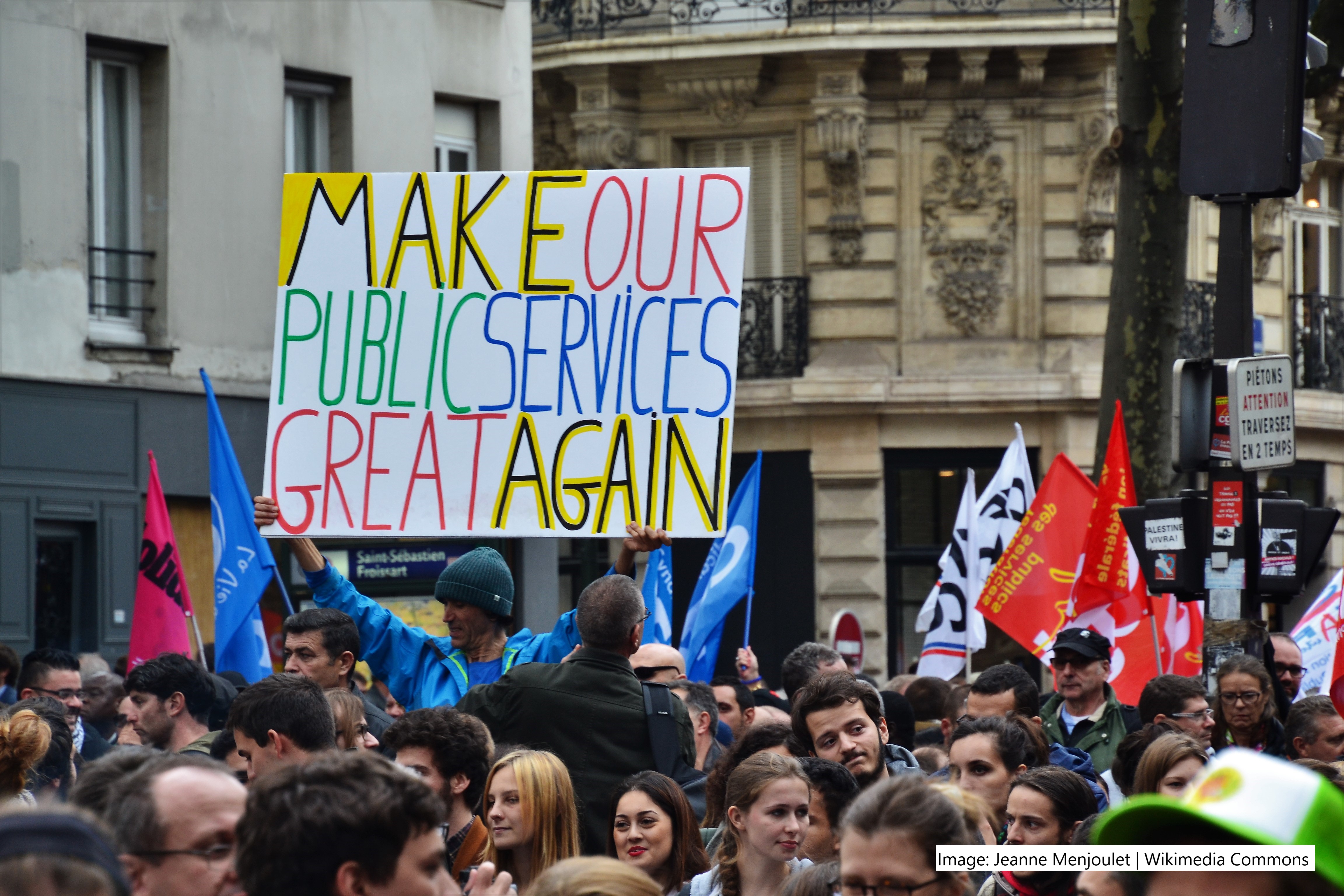
The political right and the welfare state
In a major Op-Ed, the New York Times discusses the possible evolution of America's welfare state should Donald Trump once again lead the country in 2025 - and interviews Cluster speaker Prof. Dr. Marius R. Busemeyer and his colleague Dr. Philip Rathgeb (University of Konstanz / University of Edinburgh) in detail.
They focused on how right-wing parties deal with the welfare state, which is proving to be particular-authoritarian in Europe: Populist voters demand that only "deserving" beneficiaries be allowed to enjoy state benefits. These include, above all, age-friendly attitudes, while social investment measures based on progressive gender values, such as the public provision of childcare for working women, are categorically rejected. This is largely because the main target groups of these social investment measures are far from typical right-wing voters.
Busemeyer also points out some of the similarities and differences between the U.S. and Europe: While right-wing populist movements on both continents are similar in their rejection of a liberal stance on both economic and identity politics against globalization, and both adhere to traditional gender roles, the critique of the welfare state is more general in the U.S. than in Europe, he says. There is a historically rootedness with the welfare state idea that is also present in right-wing populist tendencies, but this is more about "welfare chauvinism," i.e., protecting the welfare state for "deserving" people, namely hard-working natives.
Find more information about the article and the research paper.
